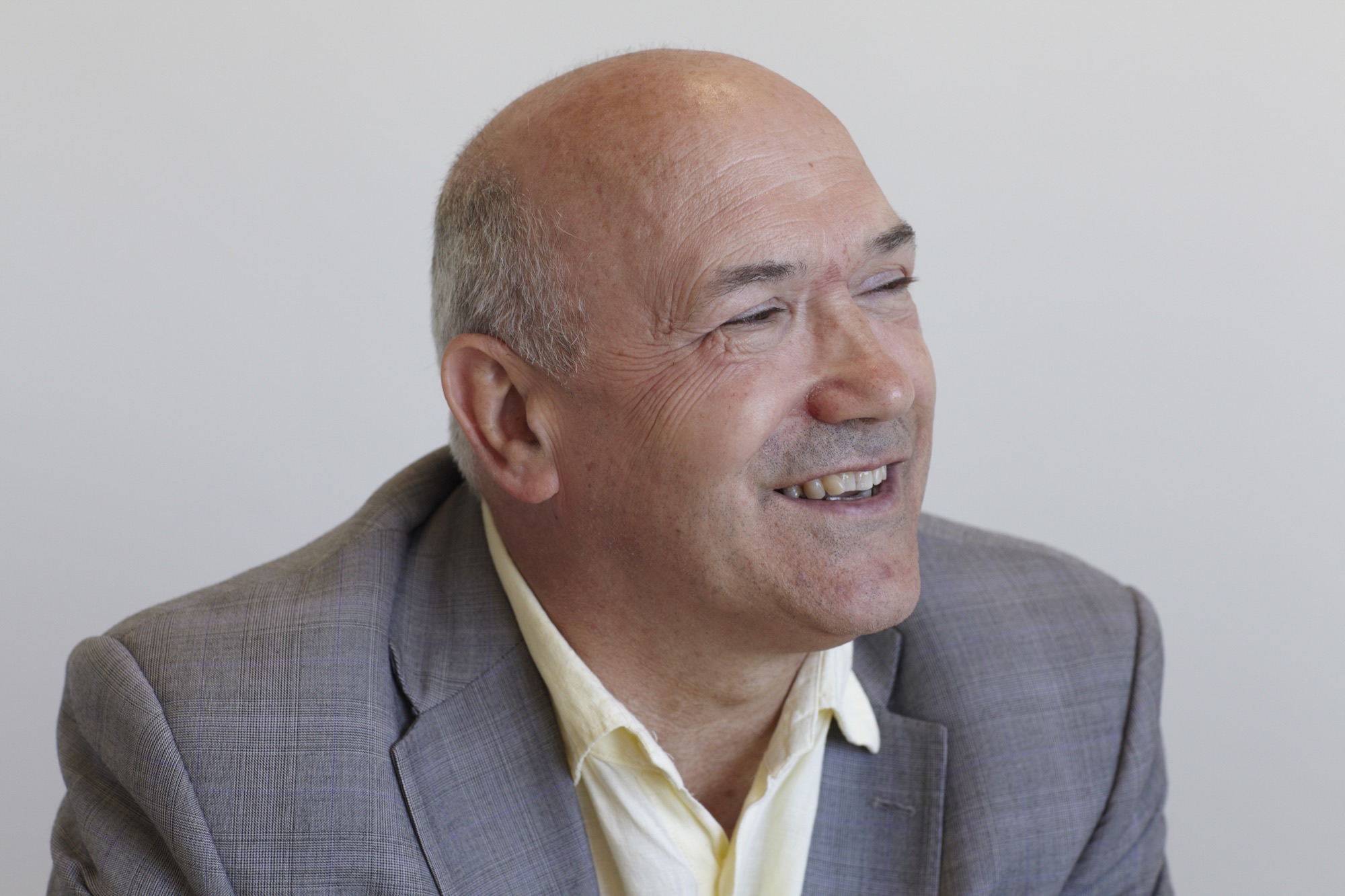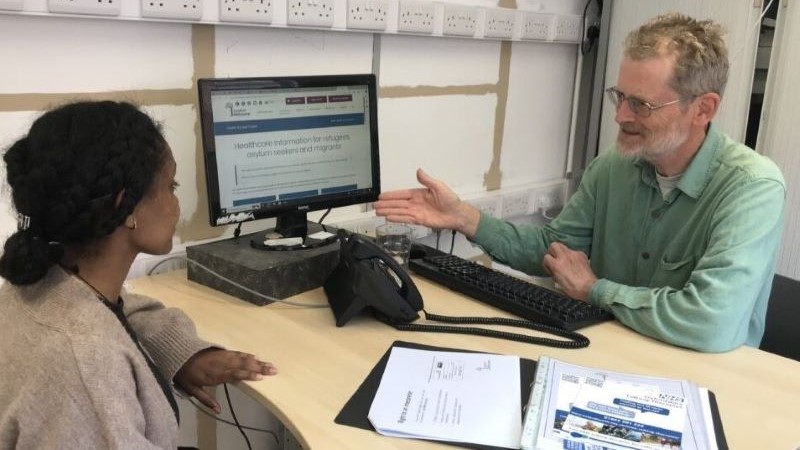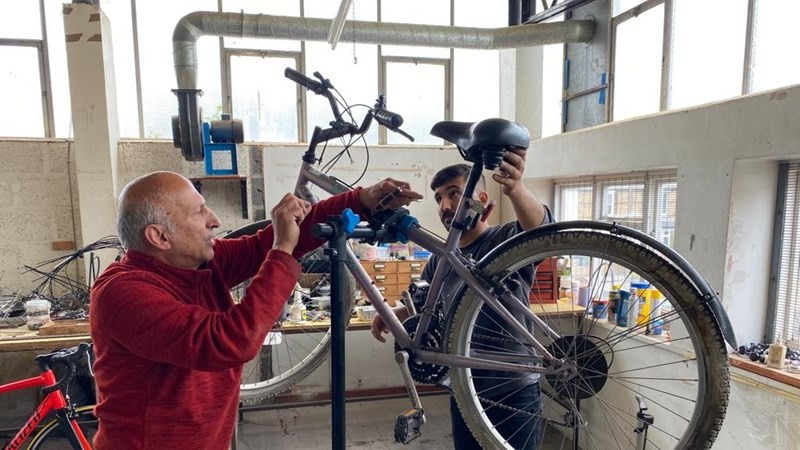Asylum Welcome: growing stronger with the Foundation's support
Mark Goldring is the Director of Asylum Welcome, a charity supporting refugees and asylum seekers in Oxfordshire, which has been supported by the Foundation for four years. As their grant comes to an end, Mark shares reflections on his experience and how other small charities can get the most out of the Foundation's support.
02 August 2024








